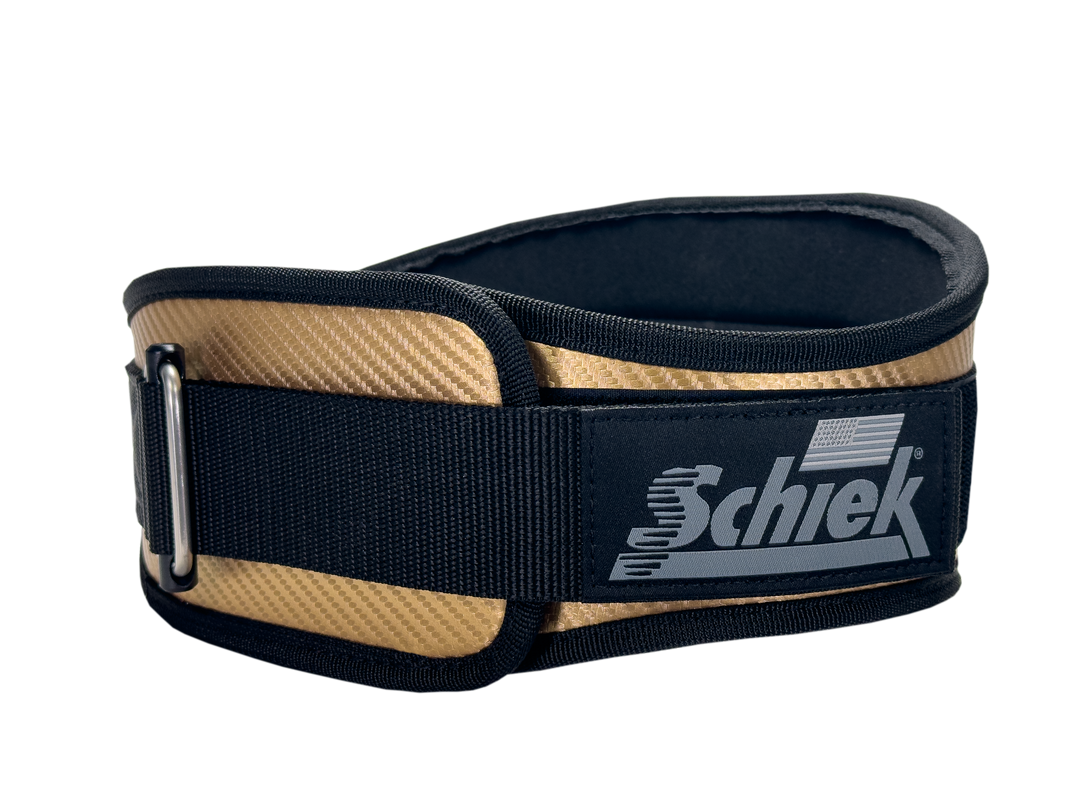Gaming, once a niche hobby, has transformed into a global phenomenon that transcends age, gender, and culture. From the early days of Pong and Tetris to the immersive worlds of Fortnite and Minecraft, the gaming industry has undergone a remarkable evolution, shaping not only entertainment but also technology, society, and economy.
At its core, gaming is about more than just entertainment; it’s a form of interactive storytelling that allows players to become active participants in the narrative. Whether navigating through a post-apocalyptic wasteland or leading a team to victory on the virtual battlefield, games offer experiences that evoke emotions, challenge intellect, and foster creativity.
The evolution of gaming can be traced through its technological advancements. The introduction of home consoles like the Atari 2600 in the late 1970s brought gaming into households, marking the beginning of a new era. Subsequent innovations, such as the Nintendo Entertainment System (NES) and Sega Genesis, further popularized gaming and introduced iconic characters like Mario and Sonic.
The rise of personal computers in the 1990s ushered in a new wave of gaming experiences, from point-and-click adventures to real-time strategy games. Titles like Myst and Warcraft captivated audiences with their rich narratives and engaging gameplay. Meanwhile, the emergence of online multiplayer gaming revolutionized the industry, connecting players from https://sukaslot.id around the world in virtual communities.
The 21st century has seen gaming reach unprecedented heights, driven by advancements in graphics, processing power, and connectivity. The launch of the PlayStation 2, Xbox 360, and Nintendo Wii expanded the possibilities of gaming, delivering immersive worlds and innovative motion controls. Mobile gaming has also surged in popularity, thanks to smartphones and tablets, making games more accessible than ever before.
One of the defining trends of contemporary gaming is the rise of esports. Competitive gaming tournaments, such as League of Legends World Championship and The International Dota 2 Championship, attract millions of viewers worldwide and offer substantial prize pools. Esports has transformed gaming into a legitimate spectator sport, with professional players earning celebrity status and lucrative endorsement deals.
Furthermore, gaming has become intertwined with popular culture, influencing music, fashion, and even education. Video game soundtracks feature prominently on streaming platforms, while fashion brands collaborate with game developers to release themed apparel. In education, gaming is increasingly utilized as a tool for learning, with educational games designed to teach subjects ranging from mathematics to history in an engaging and interactive manner.
However, the growing influence of gaming has also raised concerns about its impact on society. Critics argue that excessive gaming can lead to addiction, social isolation, and behavioral problems, particularly among younger players. Moreover, controversies surrounding issues like loot boxes and microtransactions have sparked debates about the ethics of monetization in gaming.
Despite these challenges, gaming continues to thrive as a diverse and dynamic medium that pushes the boundaries of technology and creativity. With the advent of virtual reality, augmented reality, and cloud gaming, the future of gaming promises even more immersive experiences and innovative possibilities.
In conclusion, gaming has evolved from a niche hobby into a global cultural phenomenon that shapes entertainment, technology, and society. From humble beginnings to cutting-edge virtual worlds, gaming has captivated audiences and transformed the way we play, connect, and interact. As technology continues to advance and gaming becomes more pervasive, its impact on our lives is likely to grow, shaping the future of entertainment and beyond.
…


